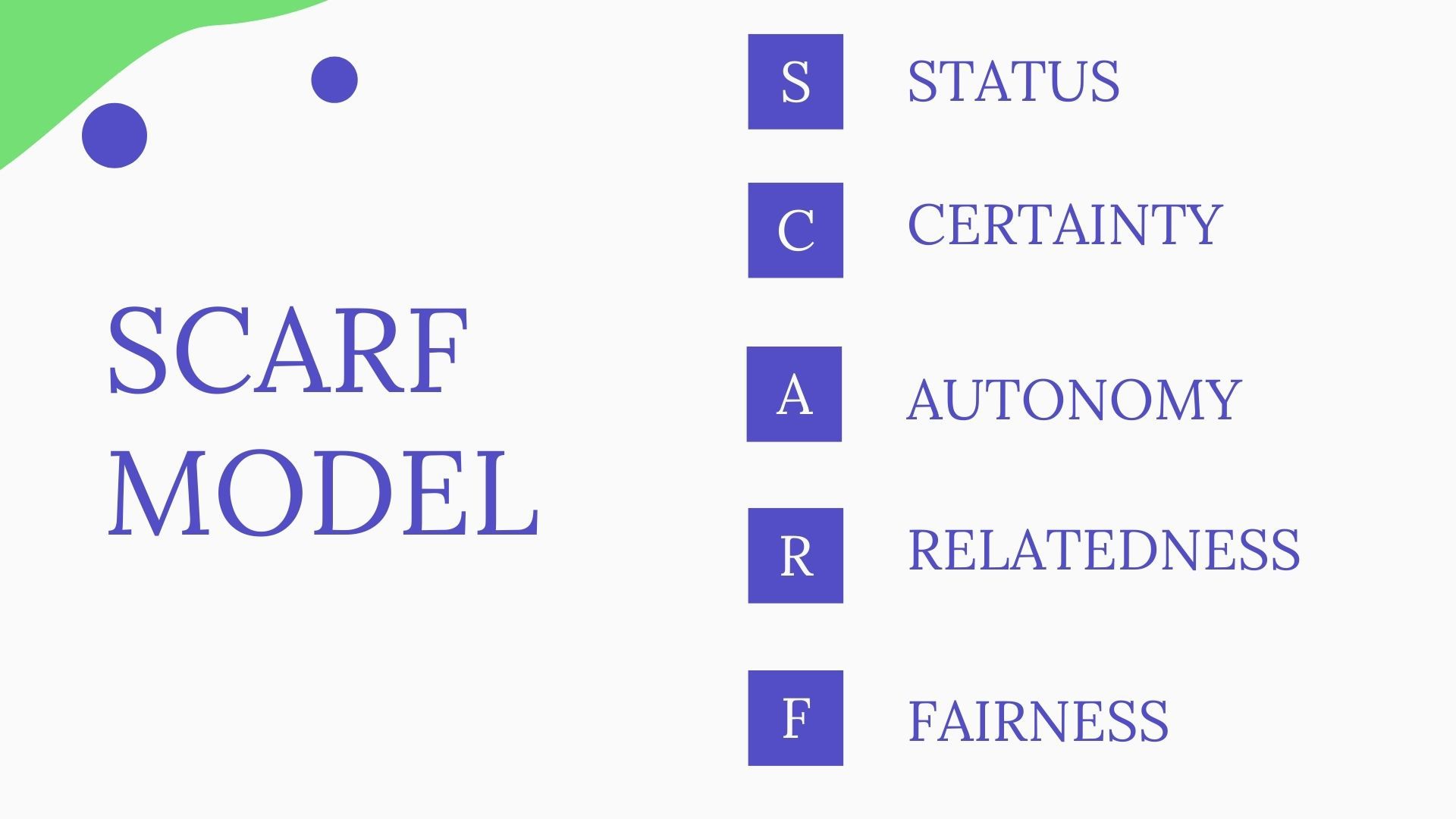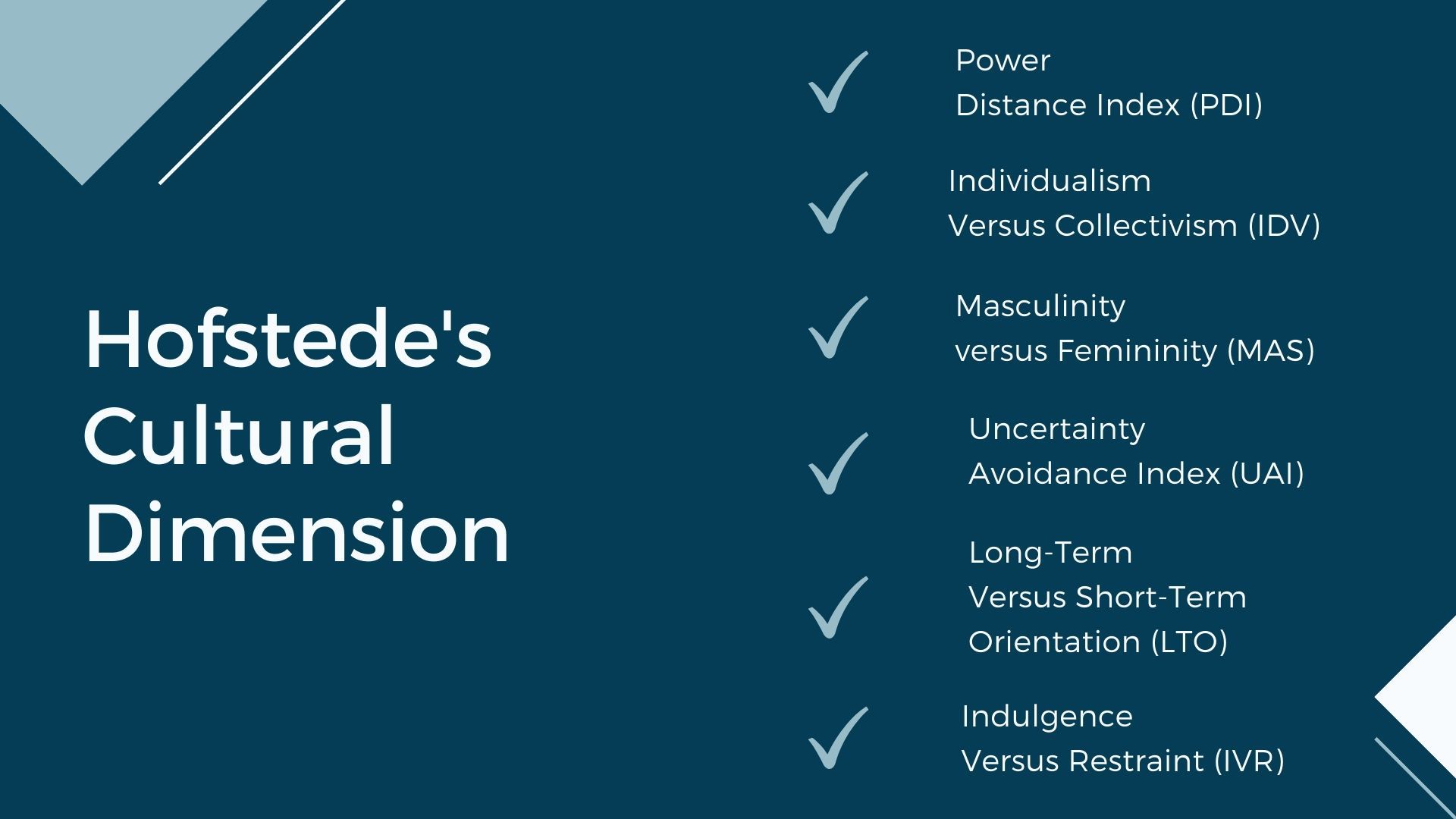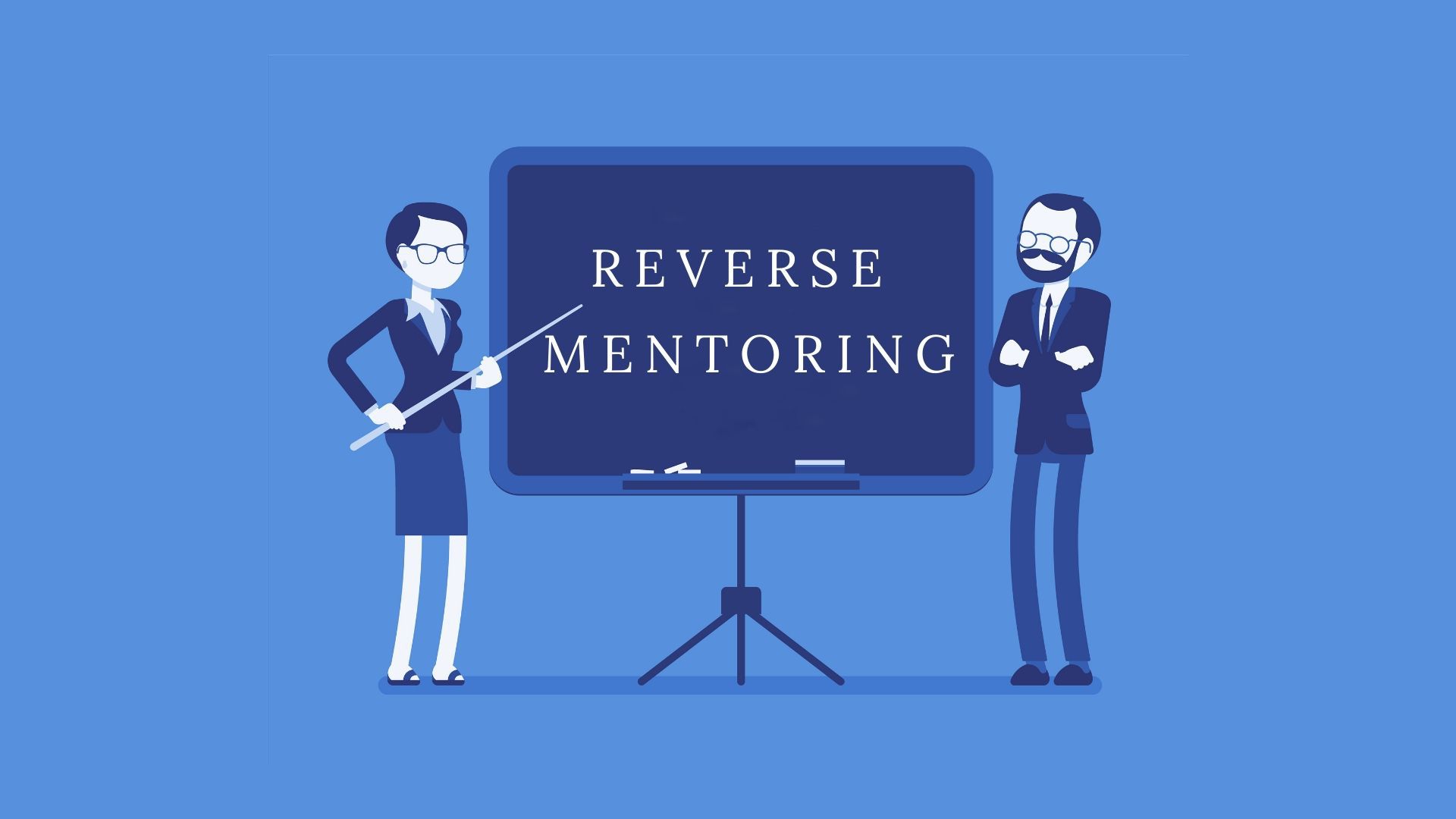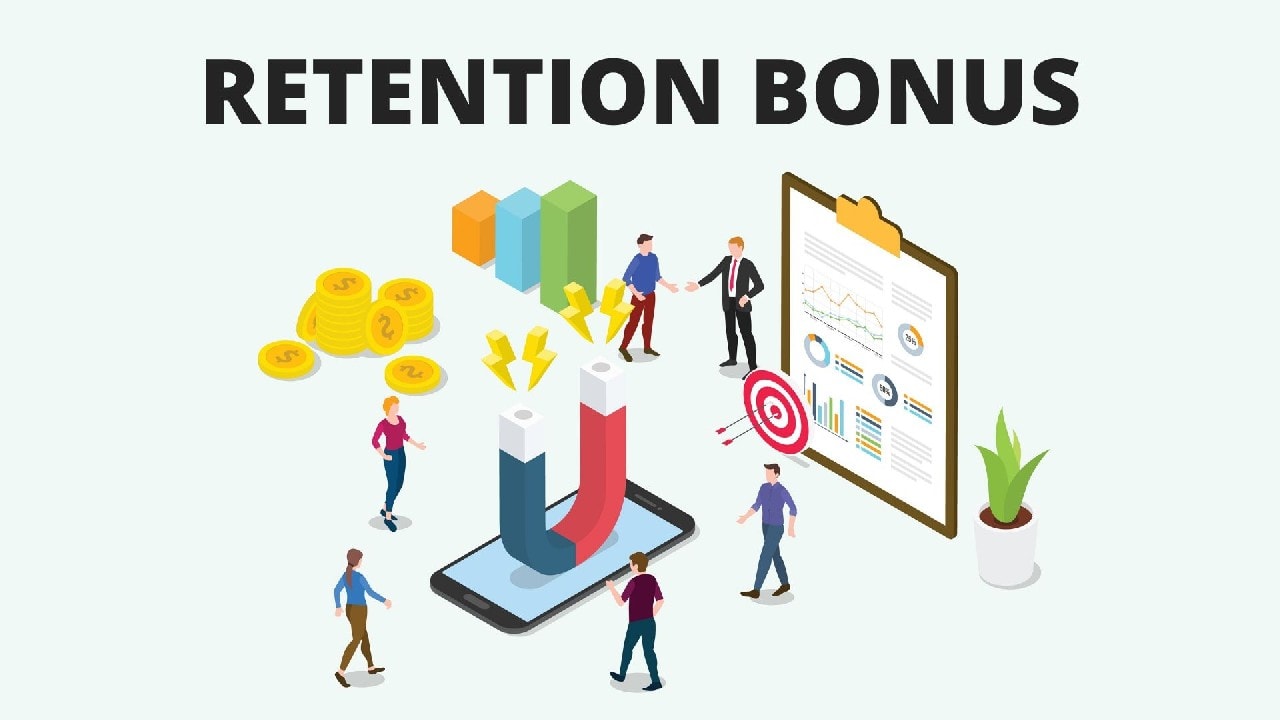Cultural intelligence is defined as the ability of an individual to survive and cope in a multicultural environment. It is a widely accepted term that…
Human Resources
Human resources management is a critical function for any organization as the right people in the right place can make a huge difference. All HR related articles are covered this category.
Work Experience: Definition, Different Levels & Importance
Work experience is among those essential eligibility criteria that you must comply with while applying for any job. Most of the companies these days seek…
Behavioral Assessment: Meaning, Importance & Advantages
Assessment of a candidate’s behavior has become an essential part of many organizations’ hiring process. Many multinationals include behavioral assessment as a part of their…
David Rock’s SCARF Model in Career, Marketing and Leadership
Are you confused about why your target audiences are not being motivated to opt for your products or services? Are you befuddled seeing people losing…
What is Mentoring? Definition, Techniques, Characteristics
Mentoring is a process where a trained individual offers advice, support and guidance to an individual or a group so that it can help in…
What is the Glass Ceiling and How to Break it?
Definition The glass ceiling is defined as a real barrier of invisible nature which exist because of prejudice and bias based on gender, race, age,…
Top 15 Recruiting Skills for HR and Recruiters
For filling job openings in an organization, HR managers need to have top-notch recruiting skills that include- posting job ads, finding the right candidates, checking…
Professional Development Definition – Practices and Examples
Definition Professional development can be defined as the process of learning, where one focuses on building personal credentials for oneself- such as degrees, certificates, and…
Hofstede’s Cultural Dimensions – Six Dimensions of Culture
Definition Hofstede’s Cultural Dimension is a theory developed by Geert Hofstede that lays the foundation for cross-cultural communication. It demonstrates how society’s culture has an…
Reverse Mentoring – Definition, Steps and Advantages
Definition Reverse mentoring is an initiative taken by the organizations to mentor the older executives by the younger employees who are well-versed in current trends,…
Staffing Process – 11 Importance Steps In Staffing Process
Staffing is the process of hiring eligible candidates in the organization. Every organization no matter small or big has to go through the staffing process….
What is Job Classification? Meaning, Need and Importance
Job classification is defined as a method that is used to make comparisons between different jobs in terms of accountability and tasks while doing a…
Job Rotation Definition – Examples and Advantages
Job rotation is a strategy that employers use to rotate employees through different jobs within the organization. Job rotation can provide many benefits for both…
Training Evaluation – Definition, Meaning and Types
Training evaluation is defined as a systematic approach where data and information is gathered to ascertain the suitability and effectiveness of a training program. The…
Manpower Planning – Definition and Objectives
Manpower planning can be defined as a total estimation of the total number of workers or employees with different skills required for the completion of…
What is Training Program? Definition, Meaning and Types
The training program is defined as an activity or activities that include undertaking one or a series of courses to boost performance, productivity, skills, and…
What is Culture? Types and Characteristics
Definition Culture is a broad term that refers to social norms and behaviour prevalent in human society. It also includes acquiring customs, beliefs, values, symbols,…
What is a Work Portfolio and How to Build one?
Definition: Work portfolio is the most effective medium via which you can show your skills and expertise to potential employers and convince them why you…
What are Professional Ethics? Examples and Types
Professional Ethics are the guiding principles that are to be followed by or expected to be followed by the people in that profession. These principles…
What is a Direct Report and How Can Executives Manage Direct Reports ?
Most of us dream of having people working for us and giving orders to them and controlling their work. But when it happens, then we…
Equal Employment Opportunity – Definition, Meaning and Advantages
Definition of equal employment opportunity Equal employment opportunity is a concept that emphasis that opportunities in employment should be freely available to all citizens irrespective…
Performance Review – Definition, Meaning, Tips, Dos and Don’ts
Definition A performance review is defined as an analysis of the work habits of an employee that helps to determine whether he has reached the…
Retraining Definition – Meaning, Need and Advantages
Retraining is defined as a process that ensures learning of a new skill or in some cases revisiting an old skill or know-how to provide…
Performance Management System – Elements, Characteristics, Benefits
Businesses and HR managers use a performance management system for tracking and monitoring the performances of employees. It also improves and alleviates the evaluation and…
Adams Equity Theory of Motivation – Definition and Meaning of Equity
Definition Equity theory is a concept where people want the ratio of their outcomes to be nearly equivalent to the ratio of a referent person…
What is Idle Time? Types, Causes, Control and Analysis
Idle time is defined as the unproductive time of either the machines or the employees that is caused by the management because of factors that…
Absence Management – Definition, Objectives and Benefits
What is absence management? Absence management is a program that is designed to control the absenteeism of employees in an organization. Employees of an organization…
Flexible Staffing in Business: Definition, & Advantages
Flexible staffing, as the name suggests, is hiring staff or workforce as an alternative for some of the regular and permanent employees in an organization….
9 Strategies To Manage Poor Performance
Performance and productivity are interlinked and interdependent as the former leads to the latter. Organizations pour a large amount of money, time and effort in…
Job Security – Definition, Meaning, Threats, Advantages
Job security is defined as a belief that an individual will keep his job. This is only a probability and can be both perceived and…
Job Sharing – Definition, Meaning, Examples, Advantages
Job sharing is defined as an alternative work schedule where two employees share the responsibility of one job voluntarily. This is a full-time position, and…
What is Labour Turnover? Definition, Causes And Effects
Definition: Labour turnover is defined as the ratio of the number of labour or staff who leaves an organisation to the total number of the…
Talent Management – Definition, Meaning, Strategies, Importance
Talent management is defined as a critical process that ensures that a firm has the best quality as well as quantity of human resources at…
The 6 Steps of Disciplinary Procedure
A disciplinary procedure is defined as a step-by-step process that deals with the perceived misconduct of an employee. It includes written rules and regulations that…
Diversity Training – Definition, Meaning, Process and Objectives
Diversity training is defined as a training program that encourages positive interactions between a group to minimize discrimination and prejudice. It is a gradual process…
10 Steps of a Meaningful Self Evaluation to Increase Performance
As appraisals are right around the corner, your company might be asking you to fill in the self-evaluation form. Self-evaluation is one of the best…
What is Statement of Work? Meaning, Format, Tips & Other Details
A statement of work or sow is an integral part of contract and project management that guarantees completion of project work as per the set…
Job Shadowing – Benefits and TypesOf Job Shadowing
Job shadowing is an excellent method through which you can gain professional experience and understand the responsibilities of another employee. It helps you in better…
Job Enrichment – Definition, Characteristics, Advantages, Disadvantages
Job enrichment is a technique adopted by management to motivate the employees and to provide job satisfaction to them. Job enrichment technique is also referred…
Retention Bonus – Definition, Steps, Advantages, Disadvantages
Definition A retention bonus is defined as a one-time payment that is used as a financial incentive to keep a valuable employee in the organization….







































